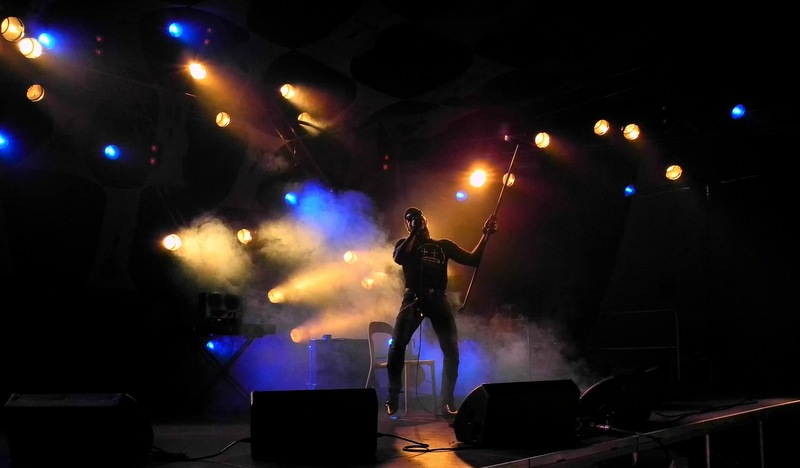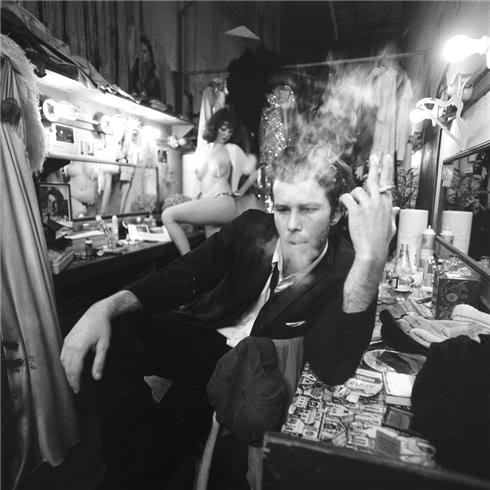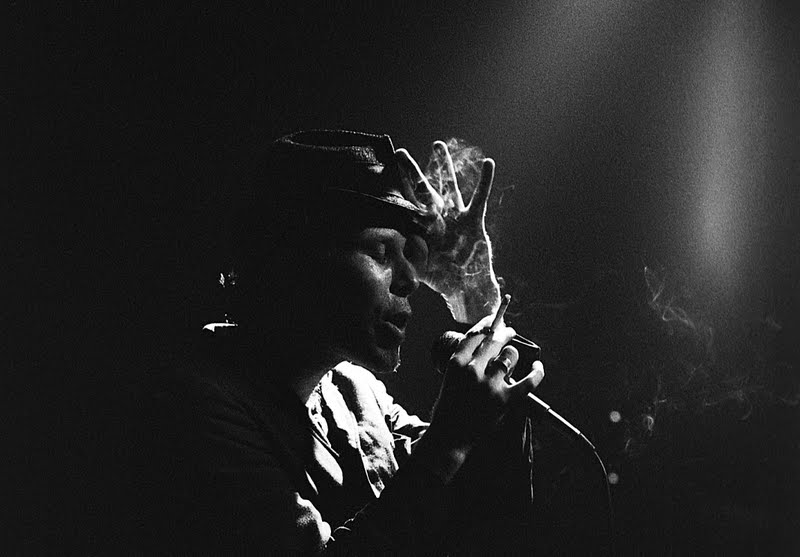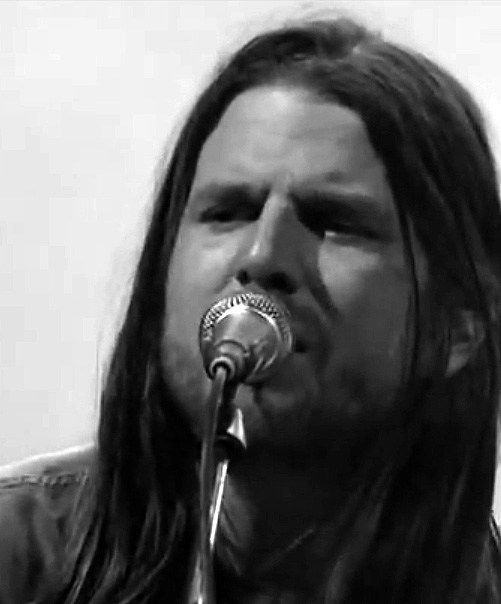
Just a few thoughts on the song Tin Angel.
For me, after listening to it for two days, the most obvious masterpiece on Bob Dylan’s new album is the murder ballad, Tin Angel. It’s a story-song, the kind Dylan has done so magnificently many times before. Cross the Green Mountain, Tweeter and the Monkey Man and Brownsville Girl springs to mind. They are extremely cinematic songs and they tell a story over many verses. Another song that pops up in my head is the wonderful story of Spanish Jack by Willy DeVille, not very like in sound but in tone.
The music on Tin Angel is repetitive, but not in a bad way, it’s an hypnotic rhythm and a bass that sucks the wind straight out of you. It transcends ordinary music and serves as a enhancement of the fascinating story that is told over the 28 verses.
I could try to analyze the song, but I don’t think we should. It is straightforward ballad of three doomed lovers, told in a dark, dark song, and it sounds like Bob Dylan is having a hell of a time when he tells it.
Here’s the spotify link:
It is a bit difficult to see who says what in the story, I have put who I think delivers the lines after each line of dialogue in the song.
The “playas”:
The Boss
The Wife
Henry Lee
Servant
The story starts at home at the mansion:
It was late last night when the boss came home
To a deserted mansion and a desolate throne
Servant said: “Boss, the lady’s gone
She left this morning just ‘fore dawn.” (Servant)
“You got something to tell me, tell it to me, man
Come to the point as straight as you can” (The Boss)
“Old Henry Lee, chief of the clan
Came riding through the woods and took her by the hand” (Servant)
The boss he lay back flat on his bed
He cursed the heat and he clutched his head
He pondered the future of his fate
To wait another day would be far too late
“Go fetch me my coat and my tie
And the cheapest labour that money can buy
Saddle me up my buckskin mare
If you see me go by, put up a prayer” (The Boss)
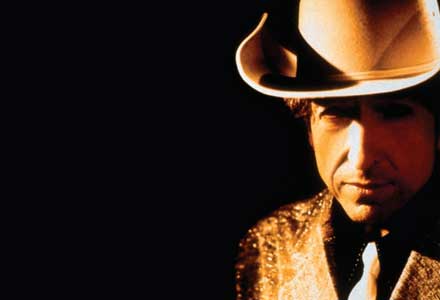
The Boss is determined to “set things straight” and rides off to get his wife and to kill Henry Lee. Henry Lee is a name that we know from an old song on the Harry Smith collection (the first on the first cd). Covered by Bob Dylan earlier (as Love, Henry), also covered by Nick Cave on the album Murder Ballads. An album where Tin Angel would fit very naturally.
The next 6 verses tells us about his journey and how he sneaks up on the unknowing lovers. Dylan really sets a terrifying scene for what is about to happen. The Boss really gets into a killing mood, “he renounces his faith, he denies his lord”:
Well, they rode all night, and they rode all day
Eastward, long down the broad highway
His spirit was tired and his vision was bent
His men deserted him and onward he went
He came to a place where the light was dull
His forehead pounding in his skull
Heavy heart was racked with pain
Insomnia raging in his brain
Well, he threw down his helmet and his cross-handled sword
He renounced his faith, he denied his lord
Crawled on his belly, put his ear to the wall
One way or another put an end to it all
He leaned down, cut the electric wire
Stared into the flames and he snorted the fire
Peered through the darkness, caught a glimpse of the two
It was hard to tell for certain who was who
He lowered himself down on a golden chain
His nerves were quaking in every vein
His knuckles were bloody, he sucked in the air
He ran his fingers through his greasy hair
They looked at each other and their glasses clinked
One single unit, inseparably linked
“Got a strange premonition there’s a man close by” (Henry Lee)
“Don’t worry about him, he wouldn’t harm a fly” (The Wife)
As we hear, the wife is not very worried or affraid of her husband.
A small snippet seems to be taken from The Fire-King by Sir Walter Scott: “He has thrown by his helmet, and cross-handled sword, Renouncing his knighthood, denying his Lord”. I’m sure there are a lot of other small “thefts” as well.
Love and theft, baby, love and theft.


